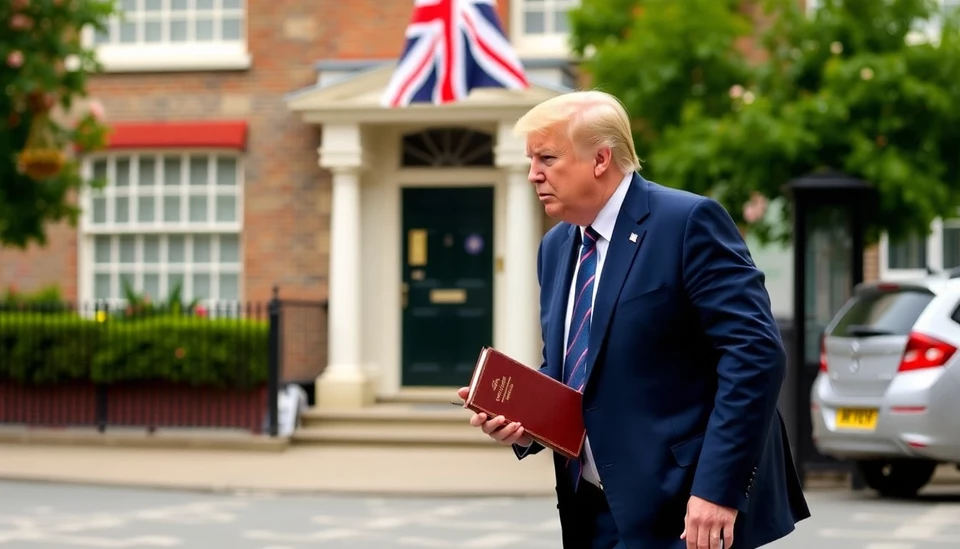
In a recent development that is capturing attention across financial circles, the UK government has decided to reduce the cash buffer it maintains to protect against potential losses stemming from its extensive bond-buying program. This decision is being viewed as a significant response to shifting economic conditions and the ongoing challenges faced by the country's fiscal strategy.
The move comes as officials assess the economic landscape, which is increasingly fraught with uncertainty owing to various global factors. Analysts suggest that the reduction in the cash buffer could reflect the government's confidence in managing potential financial risks, even amidst rising inflation and interest rates that have been affecting the broader economy.
The bond-buying program, which has been a key component of the UK's monetary policy, was initially implemented to stabilize the markets in response to the financial crises of the past decade. However, as economic conditions evolve, it is becoming clearer that maintaining a large cash reserve may no longer be necessary. The government is signaling a shift in strategy, moving towards a more agile approach in its monetary and fiscal policy.
This announcement comes on the heels of increasing pressure from various economic sectors that have been advocating for adjustments to fiscal policy. The reduction of the cash buffer is expected to free up resources that can be redirected toward stimulating growth or addressing other pressing issues within the economy.
While this strategy may reflect a growing confidence in the economic recovery, it has also raised concerns among critics who worry that diminishing financial safety nets could expose the government to greater risks in the event of a sudden downturn. The balance between prudent economic management and proactive growth strategies is becoming pivotal as the UK navigates through these challenging times.
Moreover, government officials have assured stakeholders that this decision will not be taken lightly and that they remain committed to transparency and vigilance in tracking the impacts of this reduction. The overall aim is to ensure that the UK remains resilient in the face of potential economic shocks while paving the way for sustainable growth.
As reactions to this decision unfold, market observers and economic analysts will be closely monitoring the implications of this shift. The implications of changing fiscal policies are complex, and the government's ability to manage potential risks effectively while stimulating economic growth will be under intense scrutiny.
In conclusion, the UK's decision to lower its cash buffer against losses from its bond-buying initiative underscores a significant moment in the country's economic policy landscape. As the government embarks on this new chapter, the collective focus will be on how these changes affect overall economic stability and growth in the coming months.
#UKEconomy #BondBuying #FiscalPolicy #EconomicGrowth #MarketStability #FinanceNews
Author: Daniel Foster




